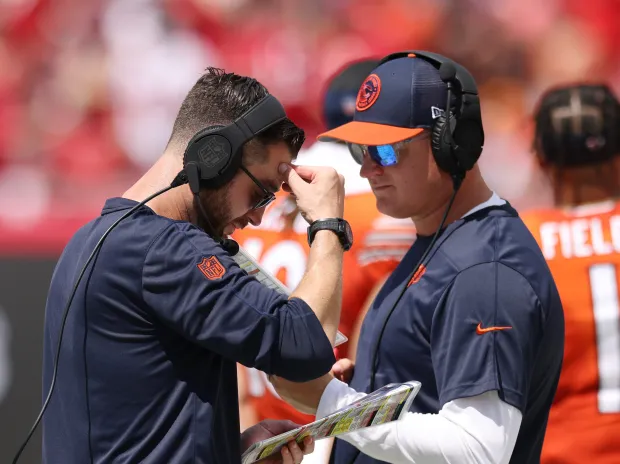After testing positive for testosterone while at Juventus, Pogba, who was once among the best midfield players in the world, was banned
by Italy’s anti-doping court on Thursday for a maximum of four years.
The France international, who turns 31 next month, is unlikely to be able to reverse the decision even though he stated he will appeal to
the Court of Arbitration for Sport in Switzerland because he was unable to provide any justification for his failed test.
The exam was conducted on August 20, following Juventus’ match at Udinese, and the good result was revealed in September. Pogba was
on the bench for the Serie A game rather than taking the field.
Pogba chose not to enter into a plea agreement with Italy’s anti-doping agency, so the matter was heard by the anti-doping court in that
nation. Because Italy’s privacy regulations prevented the punishment from being made public, a source with intimate knowledge of the
case confirmed the verdict to The Associated Press under the condition of anonymity.

“I am sad, shocked and heartbroken that everything I have built in my professional playing career has been taken away from me,” Pogba
stated. “When I am free of legal restrictions the full story will become clear, but I have never knowingly or deliberately taken any
supplements that violate anti-doping regulations.”
A CAS ruling might take up to a year to reach—at least that’s the usual timeline—unless one side requests and the other side accepts a
faster process.
The international anti-doping rule stipulates that athletes face four-year bans, although this can be shortened if they can demonstrate that
their doping was accidental, if contamination caused the positive test, or if they offer “substantial assistance” to investigators.
Pogba was renowned for his adaptability, strength, and goal-scoring instincts. In 2016, after his return to Manchester United, the team
paid Juventus a then-record-breaking 105 million euros ($113 million) in transfer fees.








